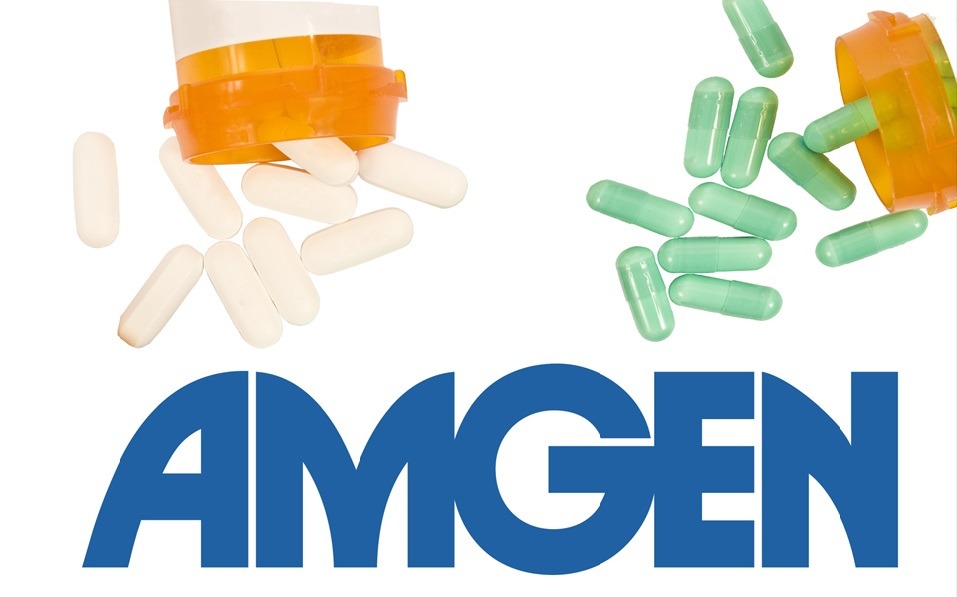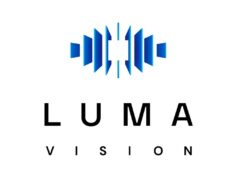 Following a priority review by US Food and Drug Administration (FDA), evolocumab has received FDA approval in the USA. The drug is a PCSK9 inhibitor for reducing risk of myocardial infarction (MI), stroke and coronary revascularisation.
Following a priority review by US Food and Drug Administration (FDA), evolocumab has received FDA approval in the USA. The drug is a PCSK9 inhibitor for reducing risk of myocardial infarction (MI), stroke and coronary revascularisation.
Pharmaceutical company Amgen has announced that the FDA recently approved evolocumab, under the branded name Repatha, as the first PCSK9 inhibitor to prevent MI, strokes and coronary revascularisations in adults with cardiovascular disease.
The approval follows a priority review of Amgen’s supplemental Biologics License Application, which includes the company’s clinical trial outcomes data. “Despite treatment with current best therapy, many patients are still at high risk for cardiovascular events”, Sean E Harper, executive vice president of Research and Development at Amgen, comments. Evolocumab works to prevent cardiovascular events by decreasing low-density lipoprotein (LDL) cholesterol, which can help patients who already are on maximally-tolerated statin therapy to further lower their LDL cholesterol.
“In the US, every 40 seconds someone has a heart attack or stroke, and nearly one in three of these patients will have another event, leading to a societal cost that exceeds $600 billion annually”, says Anthony C Hooper, executive vice president of Global Commercial Operations at Amgen, stressing the need to avoid preventable heart attacks and strokes.
Amgen’s cardiovascular outcomes study for evolocumab (FOURIER), a multi-centre, randomised, double-blind controlled trial enrolled 27,564 patients. The study demonstrated a reduced risk of MI with evolocumab by 27%, the risk of stroke reduced by 21% and the risk of coronary revascularisation by 22%.
The trial also demonstrated that adding evolocumab to optimised statin therapy resulted in a 20% (p=<0.001) reduction in major adverse cardiovascular events represented in the key secondary composite endpoint of time to first MI, stroke or cardiovascular death. The study found a 15% reduction (p=<0.001) in the risk of the primary composite endpoint, which included hospitalisation for unstable angina, coronary revascularisation, MI, stroke or cardiovascular death. There was no observed effect on cardiovascular mortality or hospitalisation for unstable angina.
The amount of risk reduction in both the primary and key secondary composite endpoints grew over time, with the benefit starting at six months and accruing through the median 2.2 years of the study.
The safety profile of evolocumab in the outcomes trial was generally consistent with the safety profile for the 12- and 52-week controlled trials involving patients with primary hyperlipidemia, including heterozygous familial hypercholesterolemia (HeFH). Common adverse reactions included diabetes mellitus, nasopharyngitis, and upper respiratory tract infection.
The FDA also approved evolocumab to be used as an adjunct to diet, alone or in combination with other lipid-lowering therapies, such as statins, for the treatment of adults with primary hyperlipidemia to reduce low-density lipoprotein cholesterol (LDL-C).









